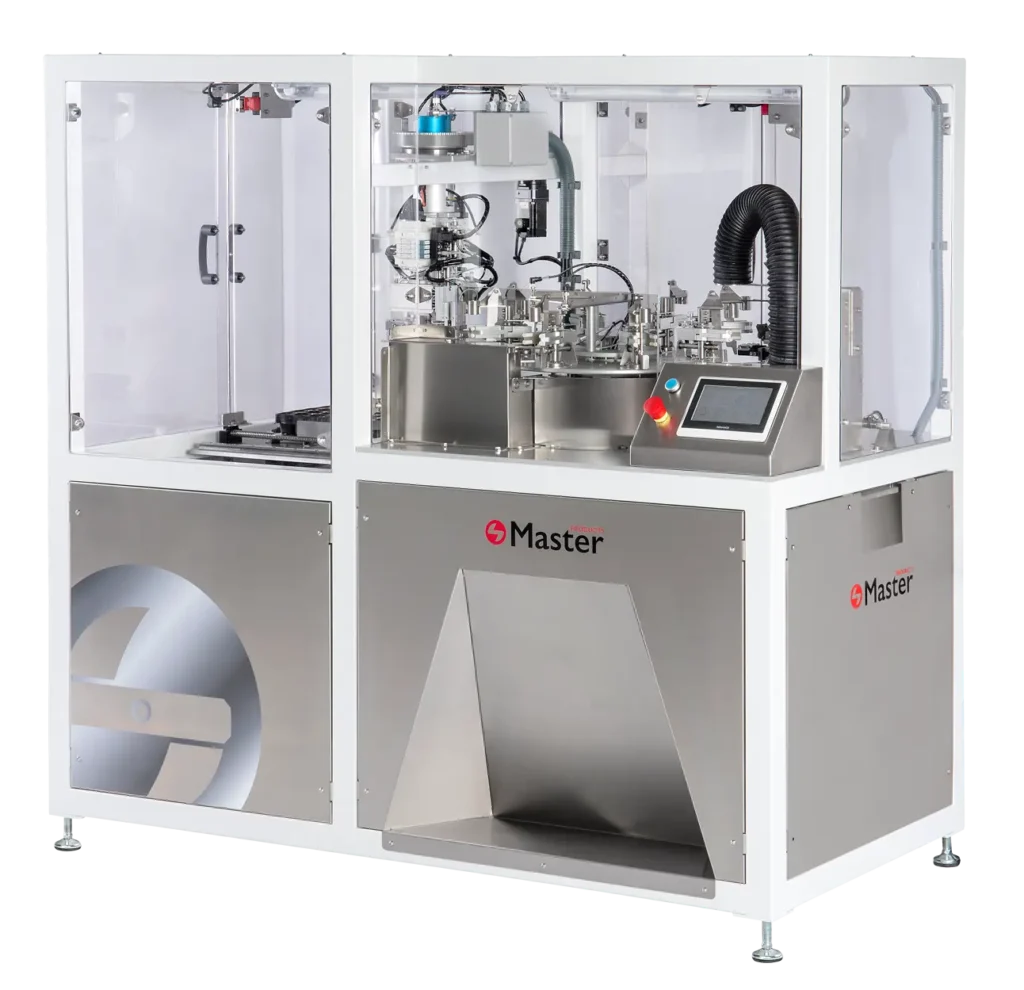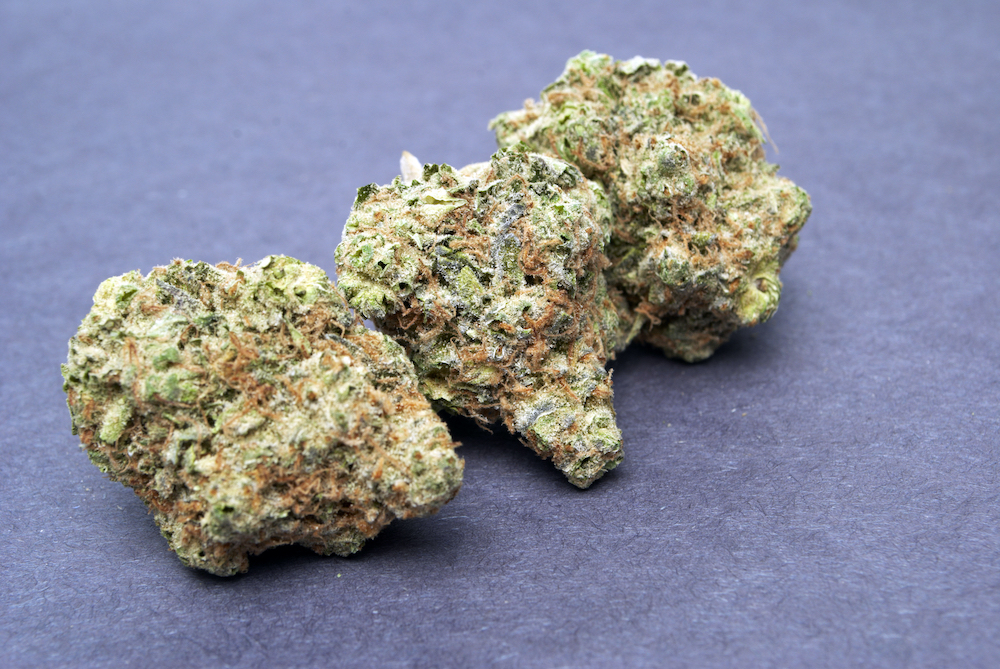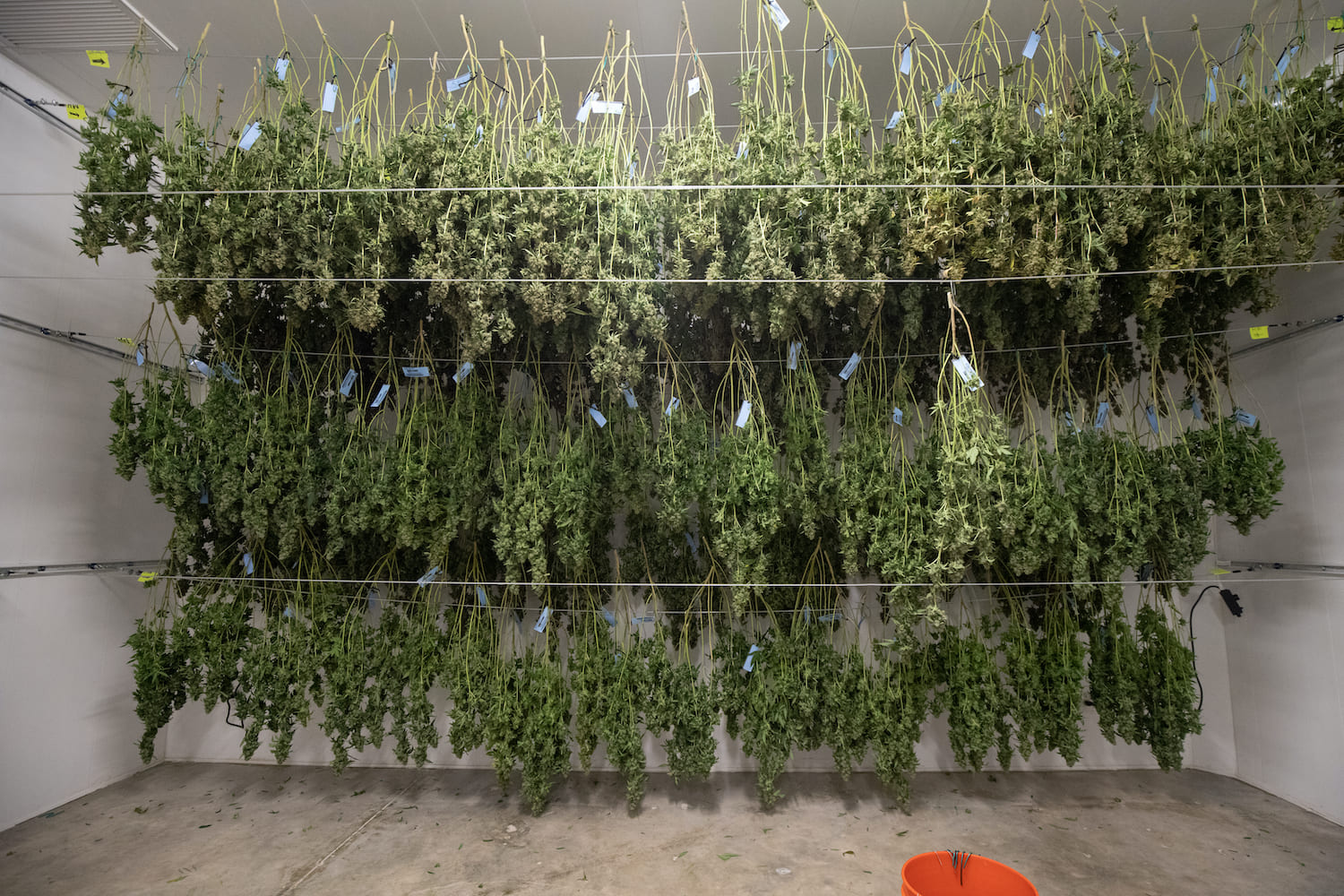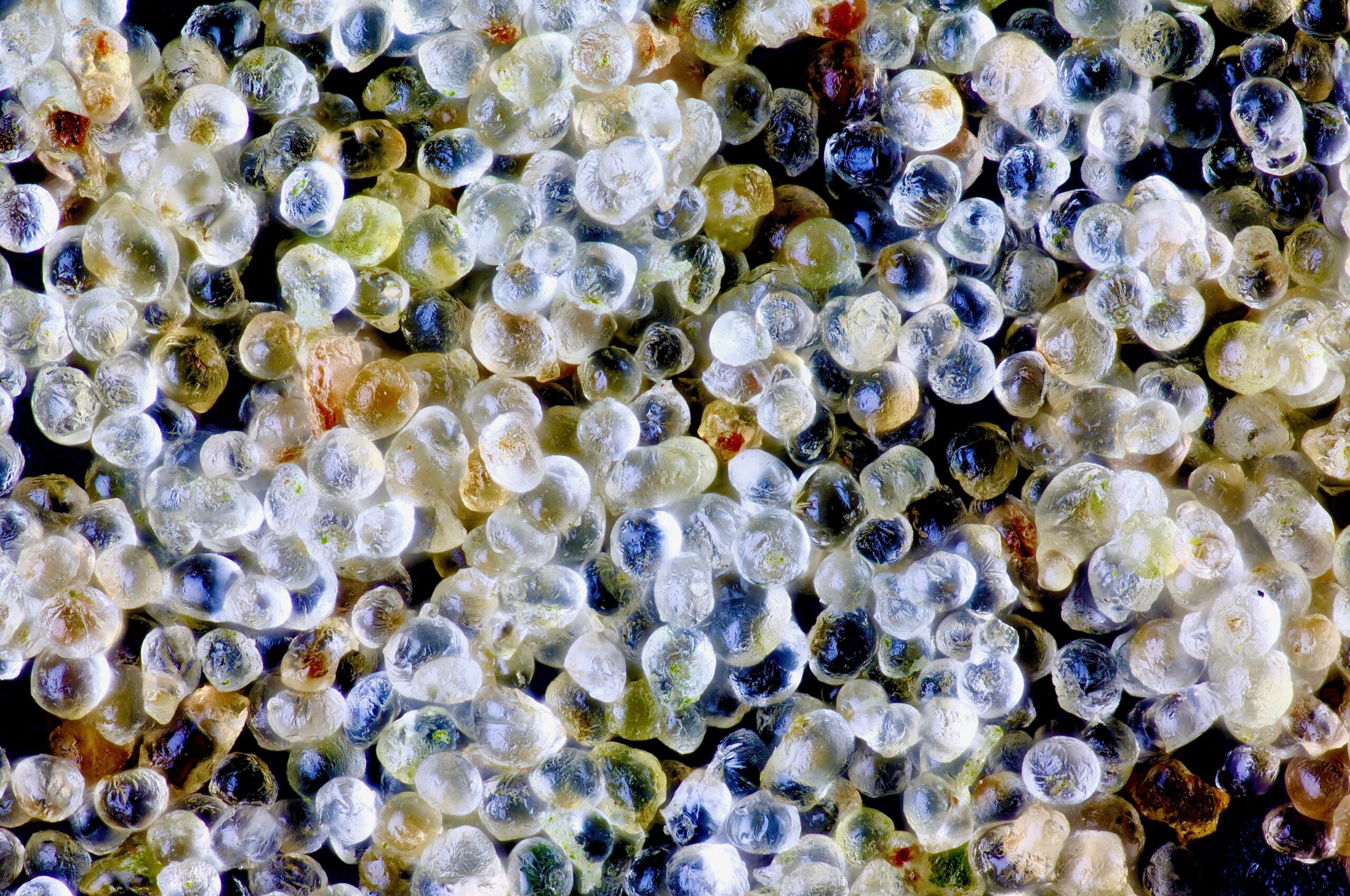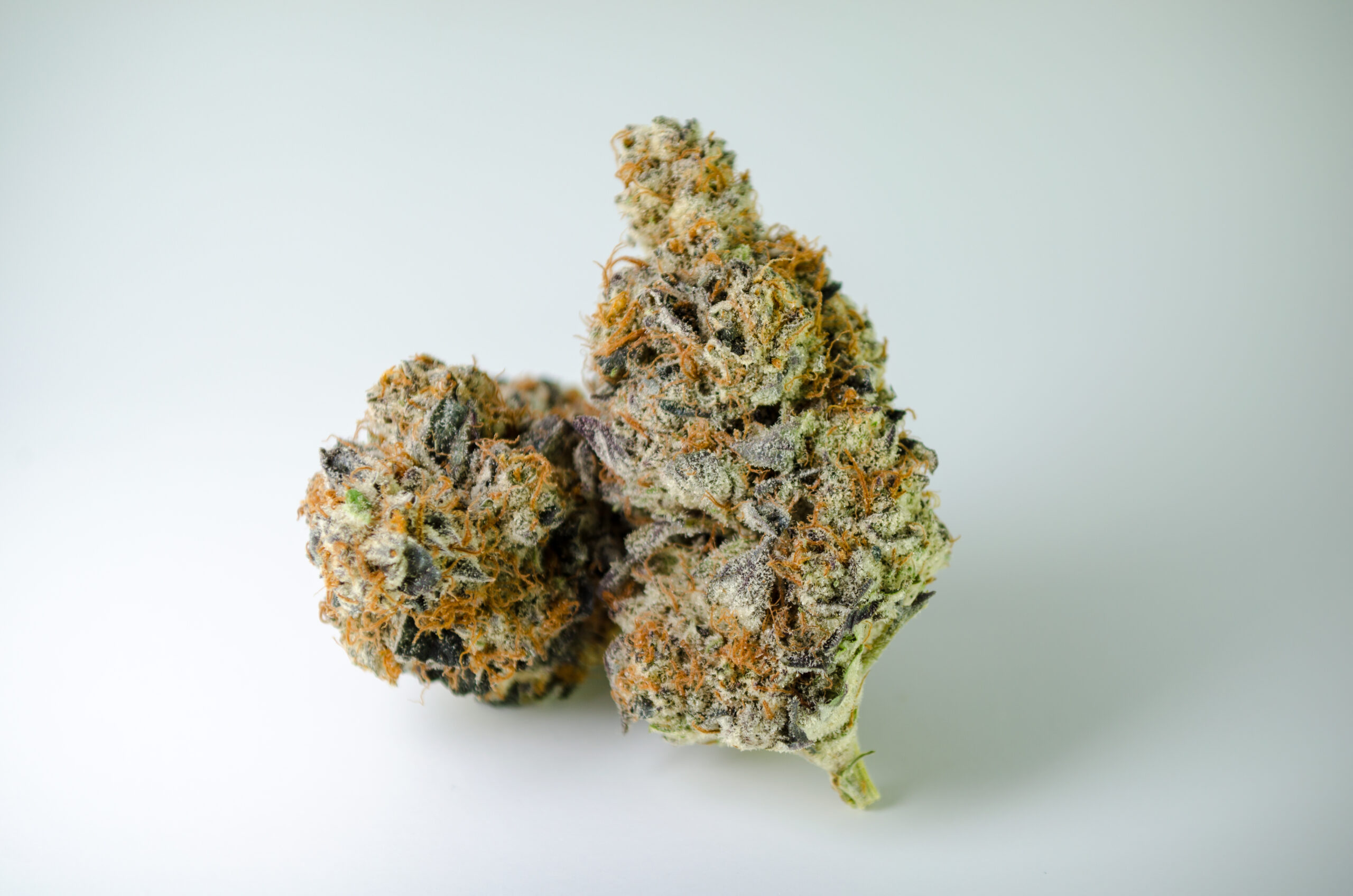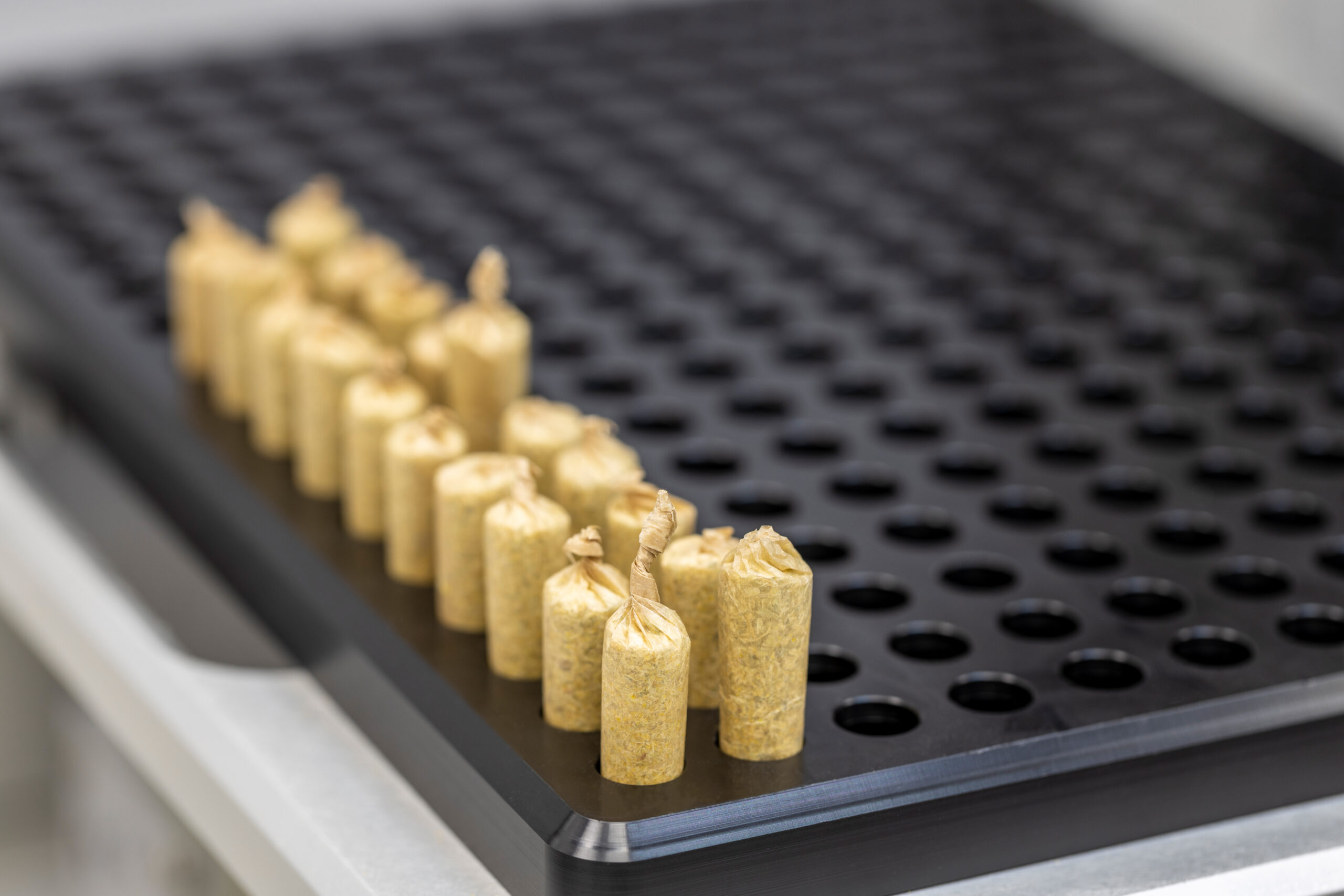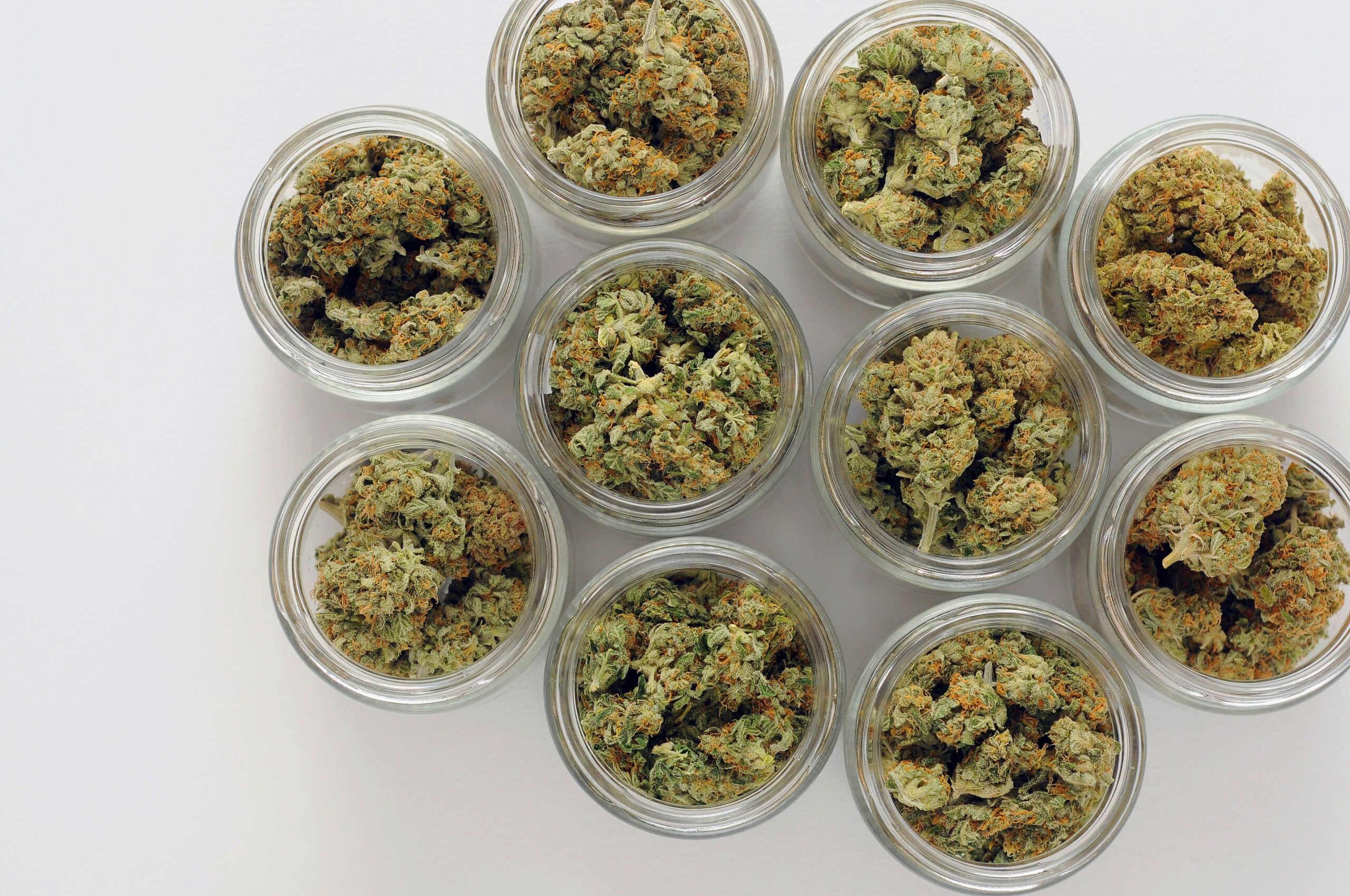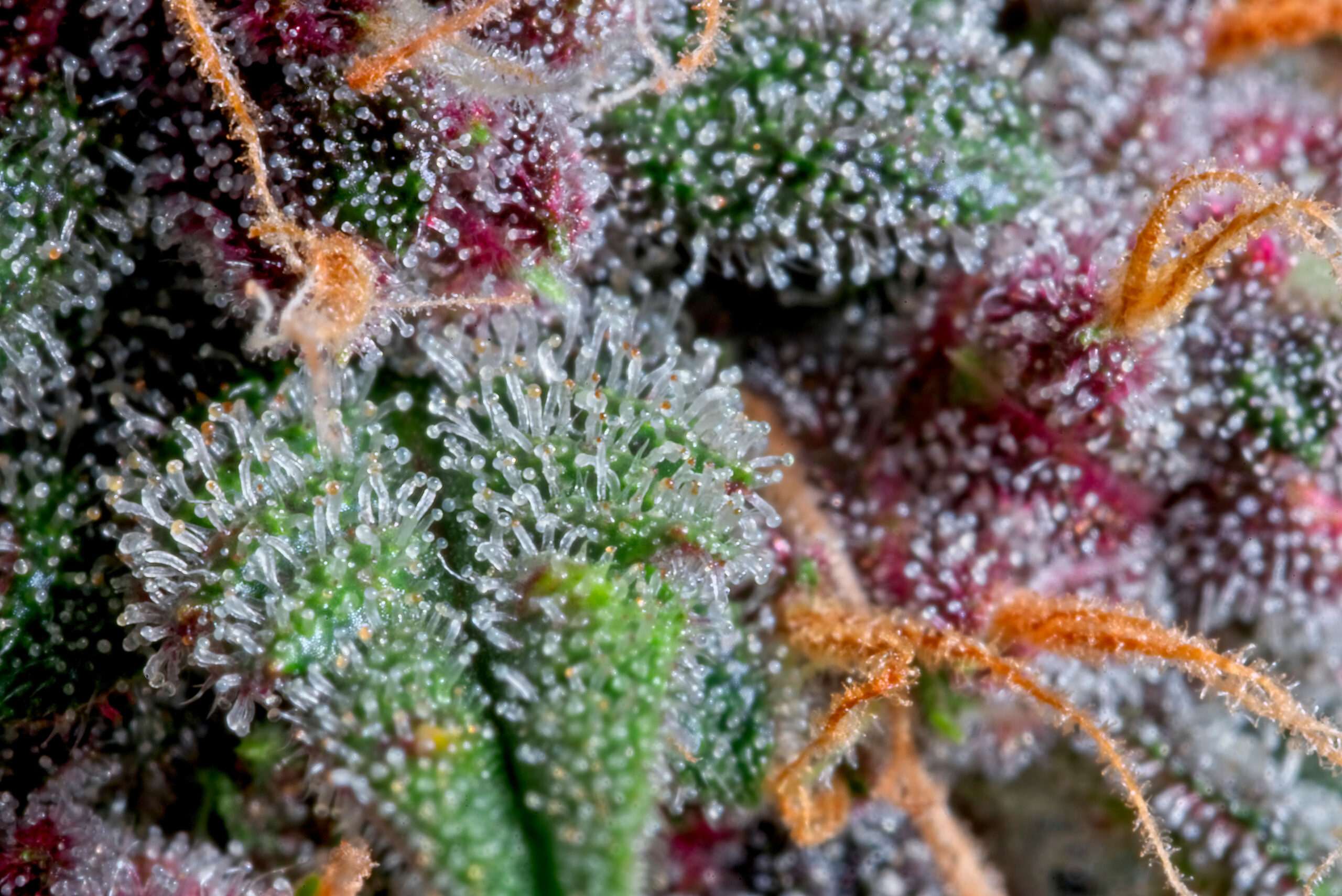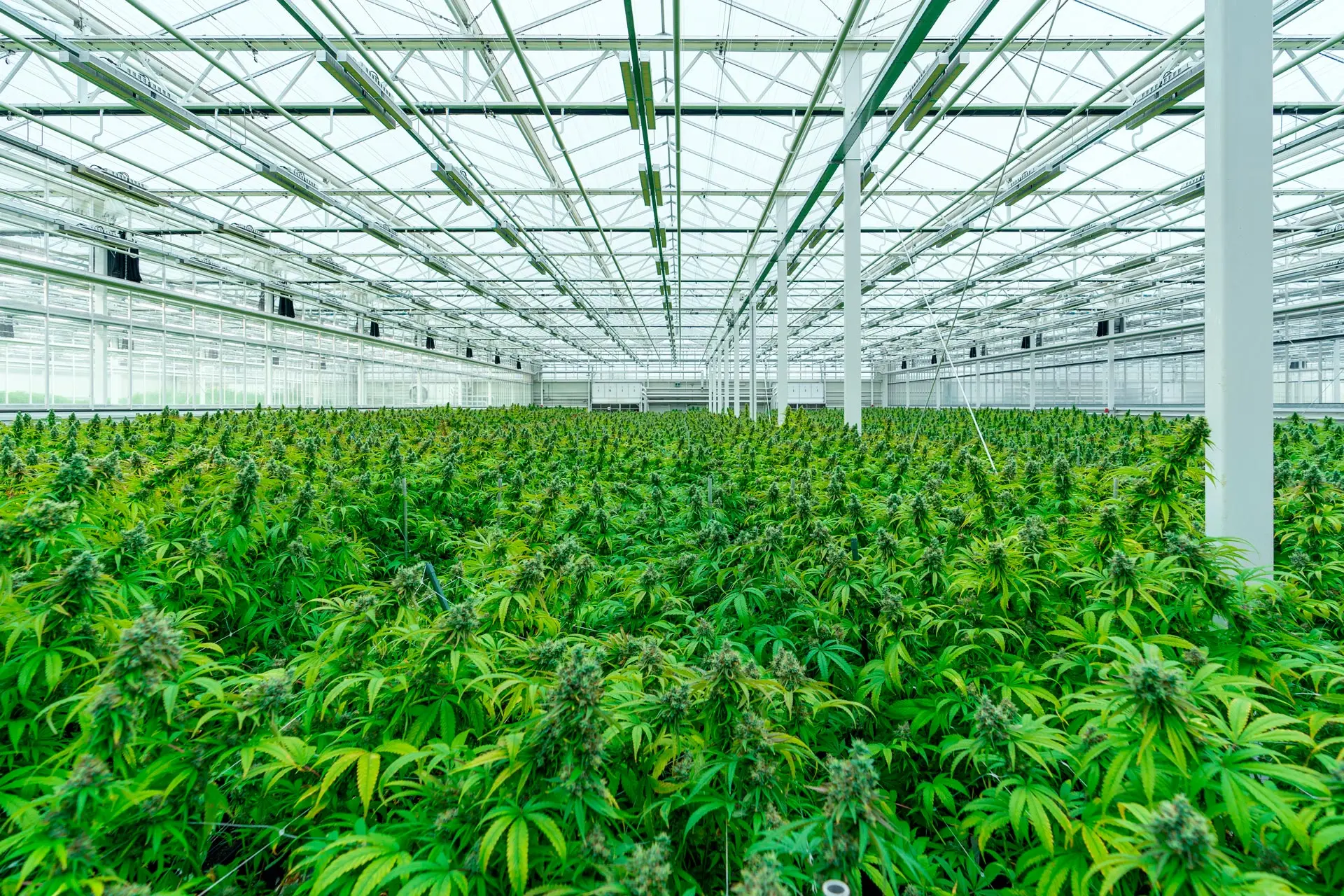In the cannabis industry, precision isn’t a luxury, it’s a requirement. As the sector evolves, so do the expectations around quality, safety, and transparency. Whether you’re processing flowers for medicinal purposes or industrial hemp for derivatives, the machinery behind your production line must meet more than just engineering excellence, it must align with regulatory standards that ensure patient safety and product integrity. This is where GMP-certified cannabis equipment becomes a must in any serious operation.
Understanding the GMP landscape: more than just a badge of honor
GMP (Good Manufacturing Practice) is a global set of standards that ensures products are made safely, consistently, and with full traceability. It covers everything from facility hygiene and equipment handling to through documentation and quality control.
While GMP frameworks exist globally, each region applies them differently. In the U.S., the standard is cGMP (Current Good Manufacturing Practice), used across pharmaceuticals, food, and other sectors. In Canada, cannabis production is governed by GPP (Good Production Practices), a cannabis-specific framework established by Health Canada that, while strict, is not equivalent to full GMP. But EU GMP, governed by the European Medicines Agency, stands out for its strict focus on validation and documentation. For producers aiming for medical-grade standards or export to regulated markets, EU GMP isn’t just a requirement, it’s a competitive edge.
In the medicinal cannabis space, GMP compliance is not optional. As medical cannabis and CBD products enter pharmacies, clinical trials, and therapeutic protocols, the need for GMP-certified cannabis equipment becomes essential for companies looking to scale safely and legally within European and international frameworks.
EU GMP Certification: who grants it and who validates it
It’s important to clarify that equipment manufacturers, like Master Products, do not issue EU GMP certifications. That responsibility lies with independent, third-party auditors who assess whether a facility, its processes, and its equipment comply with EU standards. Once a facility is audited and meets all necessary requirements, the certification can then be validated by health authorities, pharmaceutical partners, or importing markets, depending on the final use and destination.
While GMP principles are global, each region has its own authority and guidelines. In the European Union, EU GMP is regulated by the European Medicines Agency (EMA), which defines how processes must be documented, controlled, and validated.
There are different ways to approach EU GMP compliance, especially within complex facilities. While some in the industry refer to GMP1 and GMP2, it’s important to clarify that these are not official terms recognized by European legislation. Instead, they are colloquial expressions used to distinguish between areas like production and analytical testing. Though not found in EMA documentation, they help describe different compliance needs within pharmaceutical or medical cannabis operations. Understanding this nuance is key to avoiding confusion or costly compliance gaps.
In this context, GMP1 typically refers to good practices applied in manufacturing environments, including aspects like process validation, environmental controls, cleaning procedures, documentation, and traceability. Meanwhile, GMP2 is associated with quality control laboratories, where compliance focuses more on how products are tested and verified, rather than how they are produced. While the distinction isn’t official, it helps teams organize responsibilities and align their equipment and workflows with the relevant aspects of EU GMP.
EU GMP-Certified cannabis equipment: the key of quality and compliance
When we talk about EU GMP-certified cannabis equipment, we’re referring to machinery that has been designed, manufactured, and documented in a way that aligns with strict European Good Manufacturing Practice principles. That means more than just using stainless steel or food-grade components.
To meet EU GMP compliance, equipment must support the facility’s ability to implement key guidelines such as:
- Quality Management System (QMS): All procedures and practices must be documented to ensure product quality and compliance. This includes validation protocols such as IQ (Installation Qualification) and OQ (Operational Qualification), two key stages in the equipment validation process required in regulated industries like pharmaceuticals and medical cannabis. At Master Products, we provide support for both IQ and OQ to help ensure equipment is installed and operates according to EU GMP standards.
- Standard Operating Procedures (SOPs): Clear, updated protocols must exist for all stages, from cultivation to packaging.
- Training: Staff must be regularly trained on QMS, SOPs, and GMP responsibilities.
- Facility & Equipment: Facilities must be clean and safe. Equipment must be easy to clean, maintain, and fit for purpose.
- Documentation: Every step, including testing, must be traceable and well-documented.
- Quality Control: Products must be tested for potency, purity, and consistency.
- Product Tracking: A traceability system must follow the product from start to finish.
Your equipment directly affects your final product. Contamination, residue, poor maintenance access… these aren’t just mechanical flaws. Under EU GMP, they’re compliance failures. That’s why compliance must begin at the source: your equipment.
However, it’s equally important not to overpromise. Even the most sophisticated machine cannot be “EU GMP-certified” independently of its environment. Equipment alone does not carry a standalone certificate. Promising otherwise is misleading and potentially damaging.
Why teaming up with Europe can be a smart move
In the global effort to ensure cannabis quality and compliance, Europe and North America offer two strong but distinct regulatory approaches. Both EU GMP and cGMP (in the U.S.) are internationally recognized frameworks built on principles of safety, consistency, and control. However, there are differences in how these standards are applied.
EU GMP is often viewed as more detailed and prescriptive, particularly when it comes to documentation, traceability, and process validation. It follows a strict interpretation of pharmaceutical protocols and leaves little room for ambiguity. On the other hand, cGMP tends to offer greater flexibility in how requirements are met, allowing manufacturers some discretion in implementation, so long as they can prove compliance and product quality.
This doesn’t make one system better than the other. Each has its strengths, depending on the product type, market requirements, and company objectives. That said, for companies operating in or exporting to the European Union, or those targeting pharmaceutical-grade cannabis, working with suppliers experienced in EU GMP can streamline the path toward compliance and market acceptance.
Ultimately, the choice depends on your target market:
- If you plan to export to Europe or other highly regulated international markets, EU GMP is often the preferred standard.
- If your operations are focused primarily in the U.S. or Latin America, cGMP may be sufficient.
- For companies aiming to build a global presence, the best approach is to comply with both standards or design processes that can be easily adapted to meet the requirements of each.
Key stakeholders involved in EU GMP Certification:
- Equipment manufacturer → Master Products. We design and manufacture industrial solutions for the postharvest processes of medical cannabis and industrial hemp, from flower trimmers, buckers, sorters, deseeders to extraction systems, for all type of crops.
- Client (cannabis producer) → Typically a pharmaceutical or medical cannabis company.
- GMP Compliance consultant → Assists the client in preparing documentation, defining protocols, and carrying out validation processes.
- External auditor → Independent firms that conduct pre-inspections or mock audits to verify GMP readiness. They can audit both equipment and facilities, but they do not have the legal authority to issue official certifications. Their role is to help ensure everything is in line before a formal inspection. It is not a mandatory, it is an optional step.
- Official authorities responsible for issuing EU GMP certifications. In the European Union, GMP certification is handled by the national health authority of each member state. For example:
- Spain: AEMPS (Agencia Española de Medicamentos y Productos Sanitarios)
- Italy: AIFA (Agenzia Italiana del Farmaco)
- Germany: BfArM (Federal Institute for Drugs and Medical Devices)
- France: ANSM (Agence Nationale de Sécurité du Médicament)
These agencies operate under the coordination of the European Medicines Agency (EMA), following a harmonized regulatory framework.
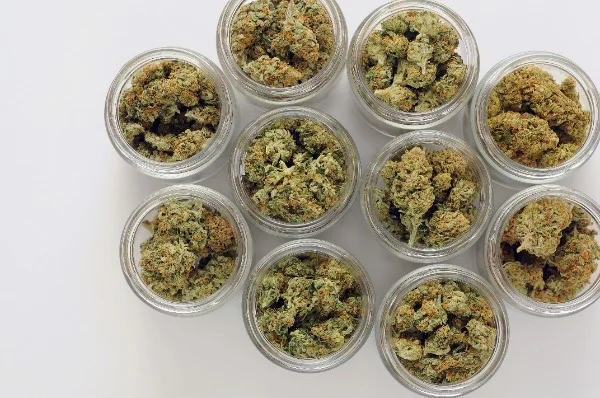
Machinery manufacturers, like us, cannot grant EU GMP certification, but what we can do is help ensure everything is ready. That means providing fully documented, easy-to-clean, traceable equipment that aligns with the standards auditors expect to see. In this way, your equipment partner becomes more than just a supplier, they become a strategic part of your compliance journey.
The value of documentation cannot be overstated. EU GMP is built on verifiability. That means every weld, screw, and software update must be accounted for. Choose a partner that treats documentation as part of the product, not only as a nice-to-have.
Finally, think beyond purchase. EU GMP standards evolve, and so will your needs. A reliable equipment partner will support your growth, updates, and audits for years to come. That’s how long-term compliance is built.
At Master Products, our machinery is designed to meet all EU GMP requirements for materials, hygiene, traceability, and documentation. We continuously adapt our processes to stay aligned with evolving industry regulations and support our clients throughout their compliance journey. From technical documentation to the design and commissioning, our goal is to make GMP readiness easier, more transparent, and more reliable for every producer we work with.
Precision, prudence, and partnership in a regulated future
As cannabis continues its transformation from taboo to treatment, the bar keeps rising. And with it, so do the stakes. EU GMP-certified cannabis equipment is no longer a luxury for niche players, it’s the foundation for any operator serious about quality, safety, and market access.
In a world where the rules are tightening and global markets are watching, one thing is clear: partnering with experienced European manufacturers who understand the full scope of EU GMP compliance cannabis is not just smart, it’s strategic.
Choose wisely. Build with precision. And let compliance be your competitive edge.

